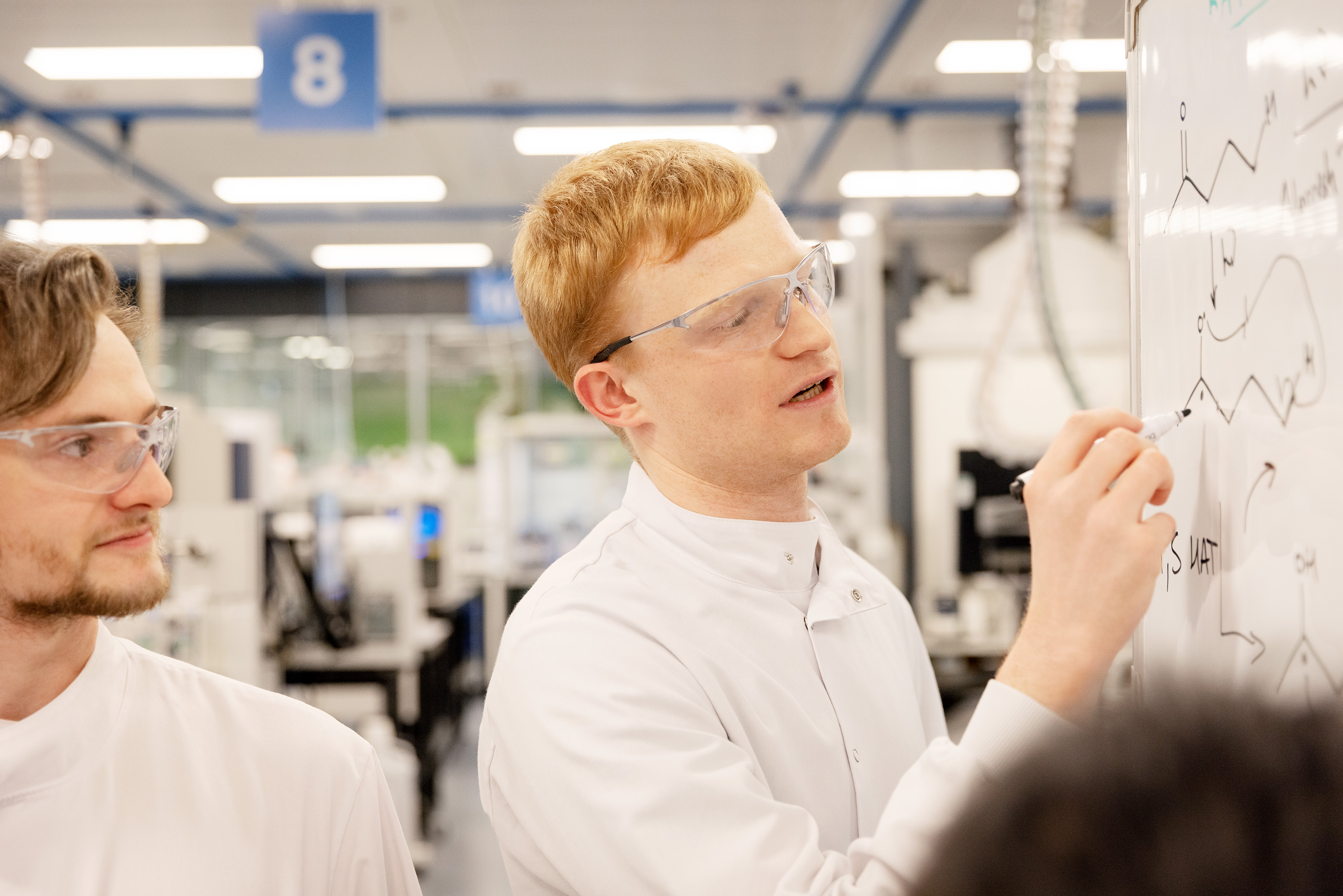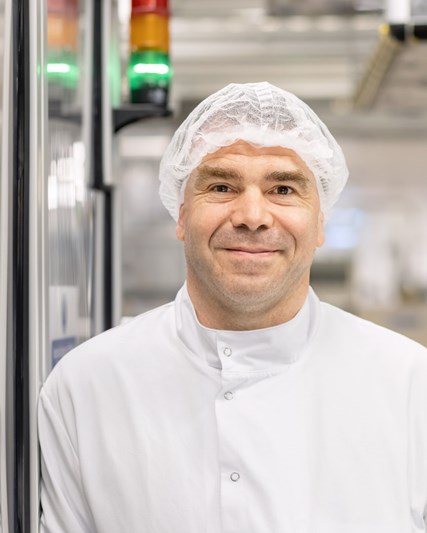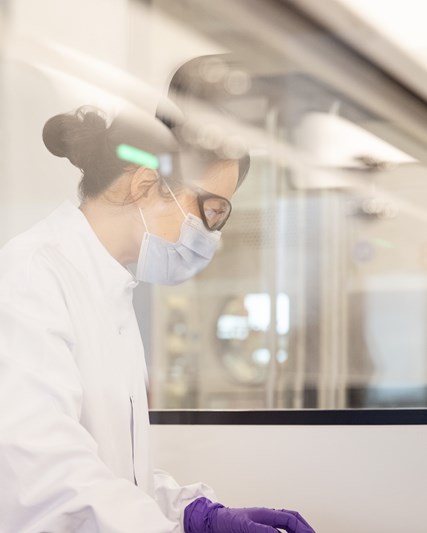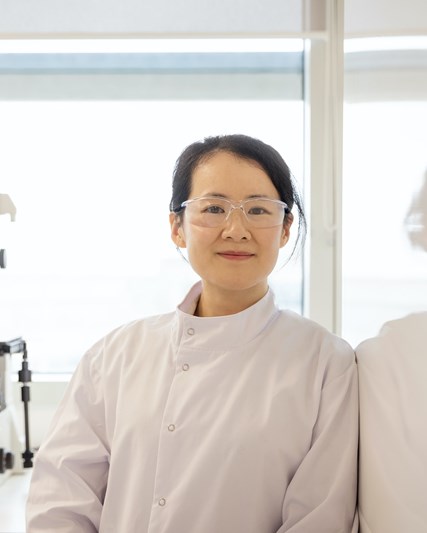At GSK, we constantly strive to research and develop our medicines and vaccines in faster, more effective, more predictable ways. This is an exciting time for medical discovery: thanks to the work and vision of genetic pioneers over the last decade, we have amassed a valuable library of human biology. But as the amount of genetic and biological information at our disposal grows, we need to improve how we harness it. Our goal is to translate it into meaningful insights that move us all forward, and ultimately make life better for our patients.
Here, Manolis Dermitzakis, GSK’s Vice President of Computational Biology, and Erik Ingelsson, Senior Vice President of Human Genetics and Computational Biology, explain how computational biology is key to helping us analyse information at speed and scale. By truly understanding the mechanisms of disease, we are laying the foundations for future successes in drug discovery and development.
Computational biology helps us zoom out to see those links and patterns. Every new study becomes easier and faster than the one before.
Q: What does the recent explosion in data mean for the way we research and develop new medicines and vaccines?
Manolis Dermitzakis: Despite advances in biology, the traditional scientific method has remained largely the same over centuries: asking a narrow question, conducting a targeted experiment, and coming out with specific learning. While this process is important, it's difficult to scale. This means we aren't making use of all the data at our disposal.
Computational biology allows for a broader hypothesis. As a scientist this means I'm not narrowing myself into a specific framework or phenotype – the observable characteristics or traits unique to an individual. Instead, I'm learning biology at scale. That means we can look for solutions that apply to many diseases and are therefore relevant to more people.
Erik Ingelsson: With the larger data sets that are now being produced – the kinds we see from these large bio-resources and genetic databases – the old-school statistical approach of looking at one thing at a time doesn’t work anymore. We need computational biologists like Manolis and his growing team to use and learn from all the amazing data at our disposal here at GSK.
Q: What is computational biology?
Erik: Computational biology involves analysing biomedical data using large-scale computational methods. It’s the intersection of three disciplines: biology, computational science, and statistics.
Manolis: Essentially, we are revealing biology. We can create better, more comprehensive models than before. This enables us not only to understand the answer to the question at hand, but to reveal answers to questions we didn't even know to ask.
Q: Haven’t we been studying biology for centuries? What’s left to learn?
Manolis: As biomedical scientists at GSK, our focus is on finding new medicines. We study the mechanism of disease – we're not only interested in what causes it, but we investigate what can make it preventable or reversible. Traditionally, biologists focused on finding correlations. Computational biology is different: it’s about building causative relationships. Correlation is not enough. External observation is not enough. We need to truly understand the mechanism. The process. The dynamic behaviour of the system. In other words, when I change something in a cell or in a genome, what else changes? What leads to the manifestation of disease, and how this can be reversed?
Erik: Computational biology provides a lot of the additional information we need to really test a hypothesis. We’re not blindsided by the limitations of a narrow scope, so we can get a bigger-picture understanding of what we’re working on. Consider all the biological processes that take place in between a variant in the genome and a disease phenotype. That’s where computational biology can contribute.
How do we make that link? Which gene actually affects the disease, and how? Computational biology is crucial for validating a gene of interest. We must understand the biology, and the mechanisms around it, before developing a new drug based on this information
Q: How can computational biology help GSK’s R&D process be faster, more effective, and more predictable?
Erik: Almost immediately, it’s more likely that any given investment will lead to the successful development of a new drug. It also shortens the timelines to get there. We can fit in more, faster ways to get large-scale information about potential targets, and in different cellular contexts.
Manolis: In the medium and longer term, computational biology also provides the foundation for future success. The human body is interconnected, and diseases are not unrelated – they often have a common causality. Computational biology helps us zoom out to see those links and patterns.
Every new study becomes easier and faster than the one before, because we already have some knowledge as a starting point. This will keep building exponentially. In short, doing the learning today sets us up for wins later on.




